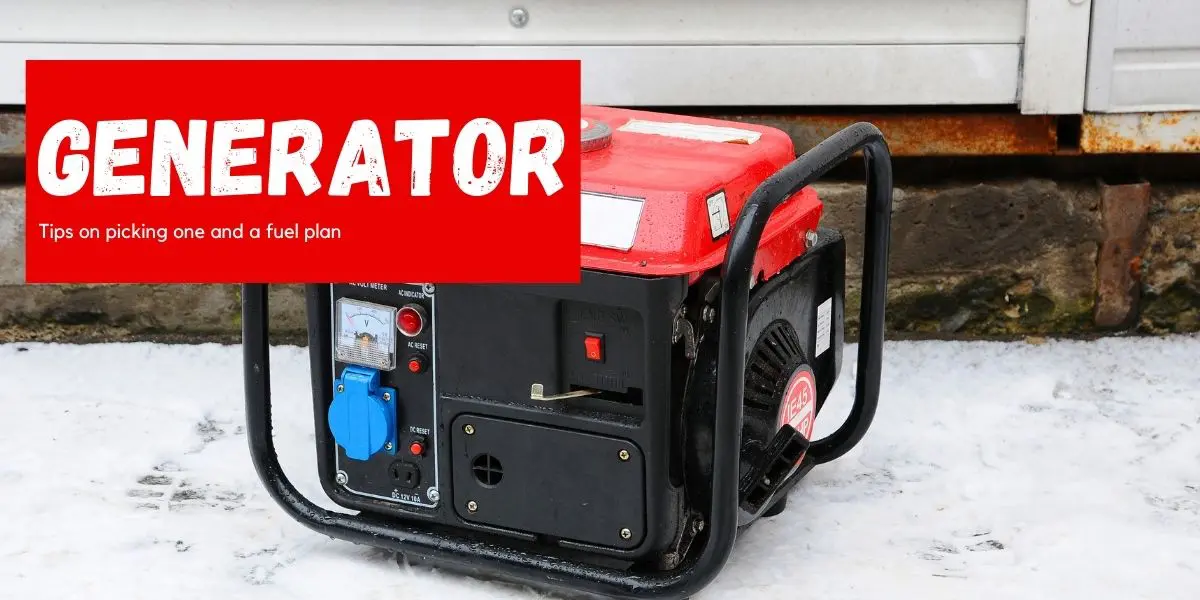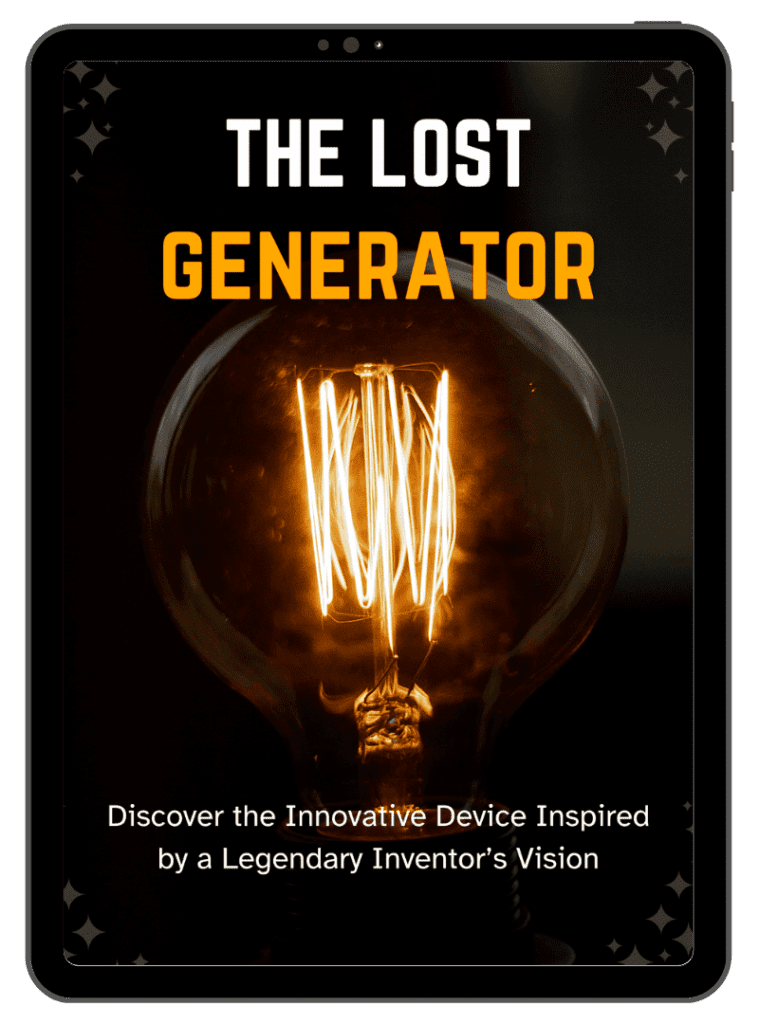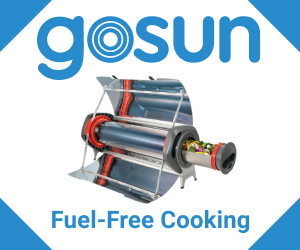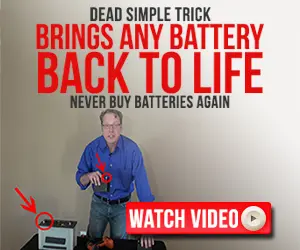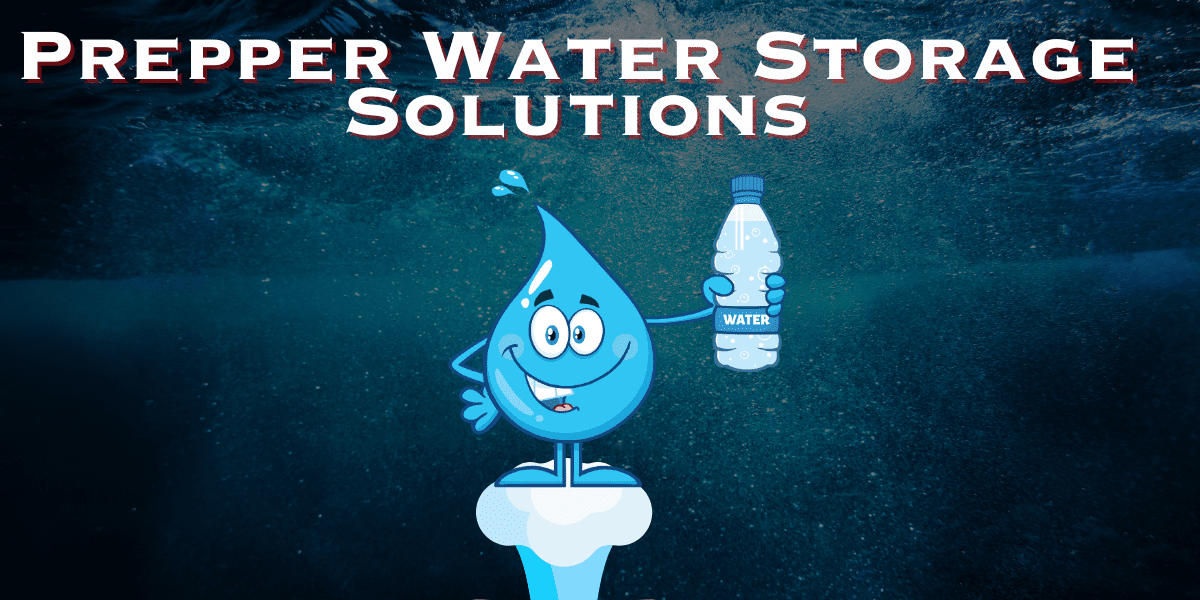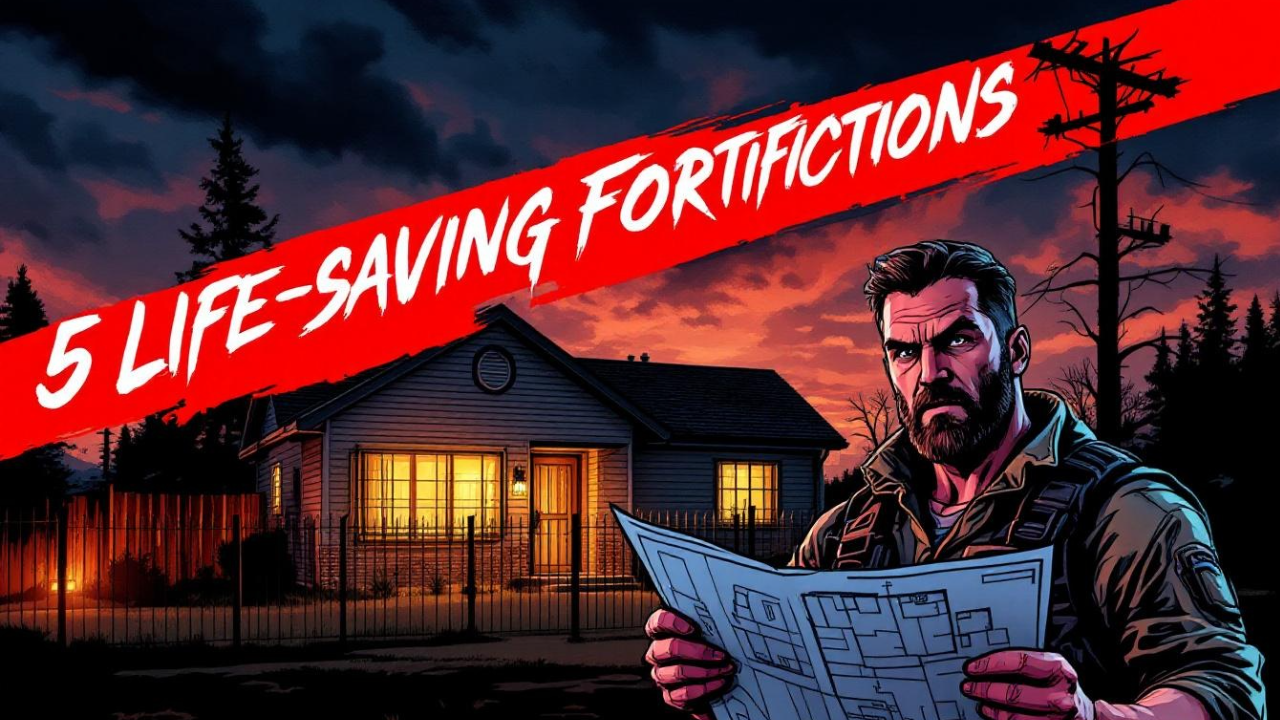Generator's Are A Necessity
Not having electricity sucks and makes life a whole lot more challenging. You’re going to want a way to have electricity when the system shuts down. Besides having solar panels in place, you should also have a generator. Regardless of the type of crisis, local or Worldwide a generator is a worthy piece of equipment to invest in and will likely pay you back on your first power outage with saved groceries alone.
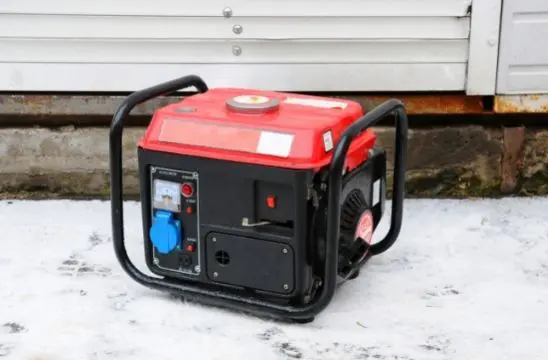
Picking the Right Generator
The size of the generator you purchase is going to depend on a few different factors. When you need power, you have to figure out what you need the power for – because different appliances use different amounts of wattage.
You can find these listed in the appliance owner’s manual or through an online search, but you need to know because it determines the type of generator that you need.
You don’t want to figure in useless appliances that will waste your fuel. It’s better to hand wash the dishes than to burn up fuel by using the dishwasher. You figure out the size that you need by listing the items that you’re going to have to use electricity for.
For example, most people want a generator that can power a refrigerator and a freezer that’s stocked full of food for the months ahead so that they don’t lose that storage.
You figure what you need by looking up how much wattage it takes to run each of the items you want to run. You add those to give you the total wattage amount. You want to buy a generator with the wattage power that can handle all of this.
So you would look for one with the wattage capacity that was more than you need to run your biggest wattage appliance. It takes about 700 watts to run a refrigerator.
That doesn’t seem like a lot, but when you add a furnace and electronics, the wattage use creeps up. These items also draw wattage upon starting, so you have to figure that in, too. It takes more wattage to start most items than to keep them running.
You want to choose a generator that’s closely matched to the wattage use that you need. If you only need 3,000 watts, don’t choose a generator that can power more than twice that because you’re just burning up the gas that it takes to run the generator.
Most homes can be run on 5,000 watts. But those are running watts, so you have to take into consideration what it takes to start up. A generator of about 7,500 watts could easily run a home.
Because the generator will need gas, you’ll need to store that safely to prevent any problems with it. Keep your supply locked away and hidden. Store gasoline in gas approved containers – but since you want to have this in bulk, you can find the larger containers that will hold more.
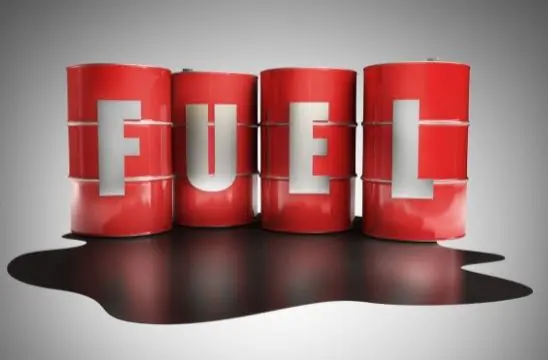
Managing Generator Fuel Storage and Rotation
You can read the full article to include our fuel rotation method Here

